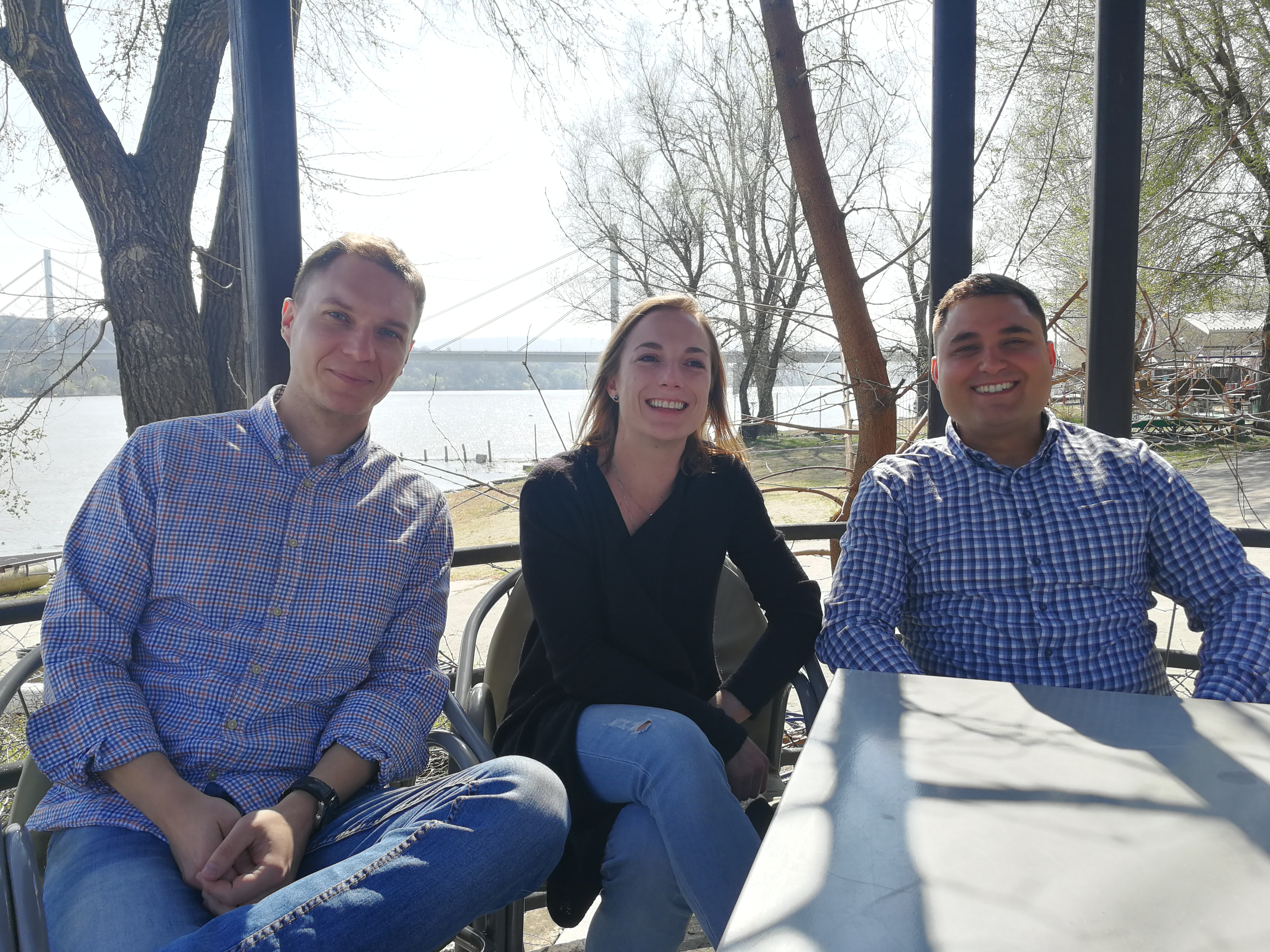Evo-Solutions tell us about their aspirations for Data Pitch and beyond.
In large companies, data is often collected multiple times, and for different purposes, across many activities. It can prove difficult to bring the siloed data together to extract business value.
Evo-Solutions is a Serbia-based startup on a mission to make data science accessible to everyone through their Machine Learning (ML) products. We spoke to Ana Miličić, Lead Data Scientist, and Boris Petrenj, COO, about their plans for the Data Pitch accelerator.
What do you hope to achieve on the Data Pitch accelerator?
We hope to build and validate JourneyTree – a lightweight, yet efficient, customer analytics tool for retail businesses of any domain, based on ML algorithms.
During Data Pitch, we will be focused on finding product-market fit, streamlining lead generation and customer acquisition, finding new clients, identifying and filling skills gaps, and growing our team.
What shared data will you work with and how will you use it?
We are really excited to work with Konica Minolta, a multinational technology company specialising in IT infrastructure and security. We’re using their anonymised client data to work on the Customer Needs Prediction Challenge (creating adaptive ways to anticipate customer requirements).
Data-driven personalised communication is a key factor in driving business growth. Konica Minolta has provided us with their customers’ purchase history, which will enable us to understand the types of customers, as well as their behaviour and their preferences. This will allow us to improve the accuracy of Konica Minolta’s sales predictions.
Why do you think it is important for startups to work with large scale data providers?
Firstly, it is difficult to find well-gathered and well-structured open data. Secondly, it’s important that startups and large corporations work together to discover more possibilities for business development.
What’s the best thing about working with data?
Datasets are like pieces of a puzzle containing a picture of all causes and effects, and when you put the picture together properly, you can understand the future.
If you could change one thing about the data ecosystem what would it be?
Organisations need to take better care of their data; storing data should be strategic and not obligatory. Better data quality leads to better business decisions.

